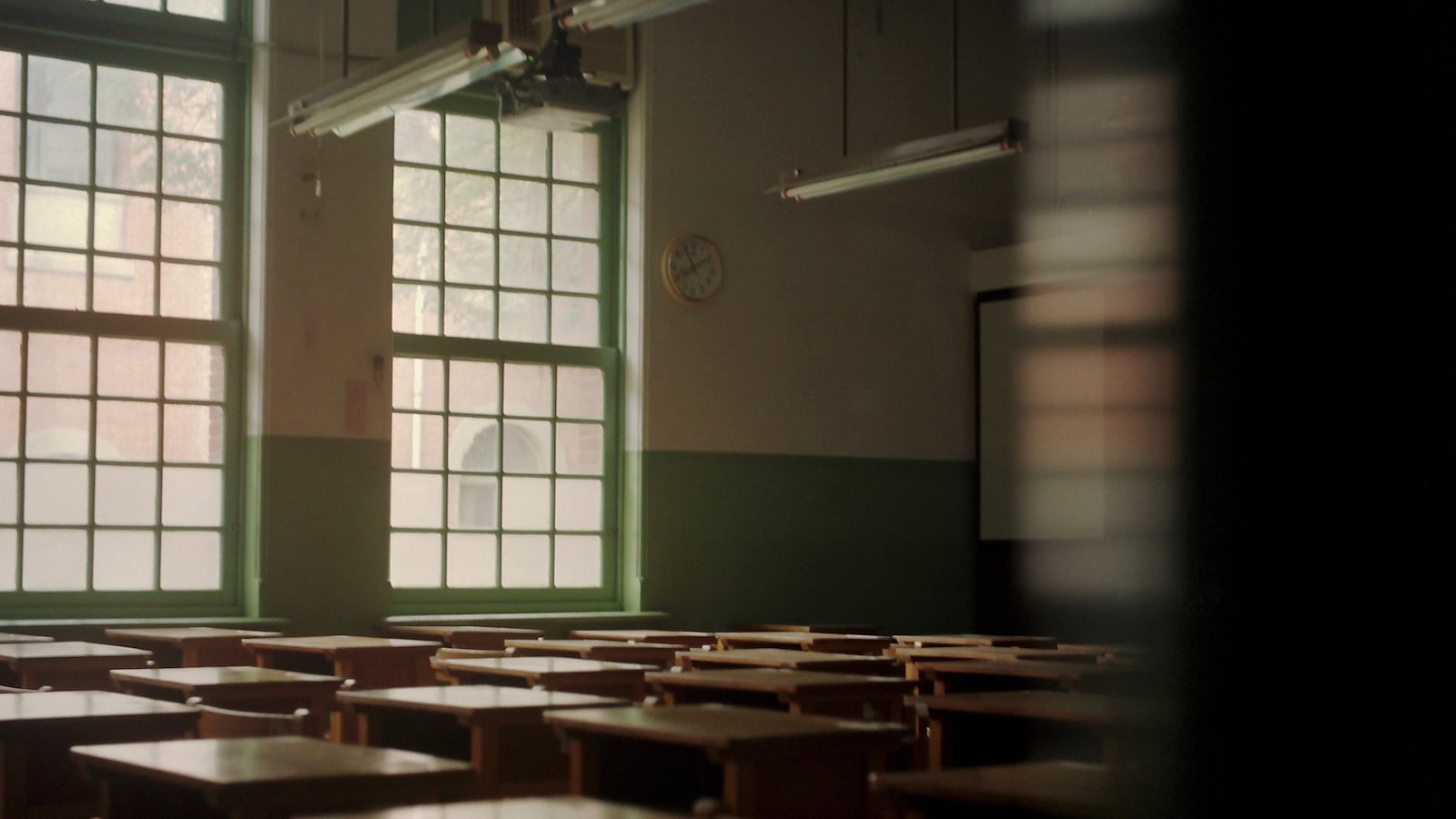Chicago Public Schools’ well-intentioned background checks appear to have snagged hundreds of employees — including some for minor offenses or dismissed charges — and delayed clearing their names, barring some from the first day of school next Tuesday.
The Chicago Teachers Union announced Friday that it has received dozens of phone calls this week from anxious teachers who were notified that they have not cleared background checks and are not yet allowed to teach. Union spokeswoman Christine Geovanis said the union estimates that hundreds of teachers have been effectively barred from teaching.
Chicago schools did not comment on that allegation. However, spokesman Michael Passman wrote in a statement, “CPS is doing everything in its power to create safer schools this fall, and the district’s unprecedented background re-check process will help ensure that all adults who serve our schools will contribute to safe educational environments.” He added that the background review is nearly complete.
The district said that if teachers who are not cleared arrive at work, they will be sent home until they are cleared.
In early June, the district announced that all adults working in Chicago schools — teachers, coaches, volunteers, and vendors — would go through renewed fingerprinting and background checks. The district imposed these re-checks as a response to a Chicago Tribune investigation that revealed years of district mishandling of student sexual misconduct cases.
Read Chalkbeat Chicago’s examination of the background re-checks here.
In mid-June, the district opened fingerprinting stations around the city and set a deadline of Aug. 3 for employees to get fingerprinted. But that deadline, for thousands of employees, left only a small window for clearing up any mistaken findings from backgrounds checks.
The screening is intended to block those who could pose a danger to children. It appears the district’s net is also catching employees with minor, cleared, and even non-existent offenses.
One teacher at a school on the Northeast Side said that she completed her fingerprinting on time but on Monday received a district email demanding further documentation about a 2-year-old arrest for trespassing. The teacher said that in response to the email, she submitted court documents showing that she was not charged in the Feb. 4, 2016, incident — stemming from a Chicago Teachers Union protest of pension cuts. Geovanis said several teachers were also flagged in background checks from this protest.
The district asked for the original arrest record as well, something that was going to take up to seven days to obtain from the Chicago Police Department.
On Friday, the teacher’s principal received a sudden notice that the teacher was cleared — before she had even gotten and turned in a copy of her arrest record. The Monday email had demanded a “certified disposition, police report, and letter of explanation” of the incident be hand-delivered within five calendar days. It threatened that “failure to deliver this information to CPS may impede your ability to be at work when students return to school on September 4, 2018.”
The teacher asked not to be publicly identified because she does not want to alarm parents. She said she has heard of other teachers who were arrested in the protest and have been cleared by submitting just the court documents that she did.
Four other employees in her building had not been cleared as of earlier this week, the teacher said, adding that her principal is requesting substitute teachers for next week.
The first day of school “is a day where children have heightened nervousness, and the best people to take care of this situation is the classroom teacher with the knowledge of the community,” the teacher said. “Substitute teachers have an incredibly difficult time on the first day of school.”
The school district’s emails did not state the consequences of teachers not getting cleared in time. Geovanis said the union does not know what the repercussions might be.
The renewed background checks come amid a host of new stringent protocols for teachers and school volunteers. In August, the Board of Education adopted new policies that bar teachers from communicating with students via personal phones and personal social media accounts. Some teachers say that these rules inhibit critical communications that allow teachers to develop personal relationships with students.
The board also adopted a new policy that requires all volunteers to be vetted by the district’s Office of Family and Community Engagement in Education. Previously, volunteers only needed to be approved by the principal.
Editor’s note, Aug. 31: The article has been updated to include a statement from Chicago Public Schools and to include the interviewed teacher’s sudden clearance.
Editor’s note, Sep. 2: The article has been updated to reflect the fact that Chicago Public Schools set up fingerprinting stations in mid-June, not mid-July.

